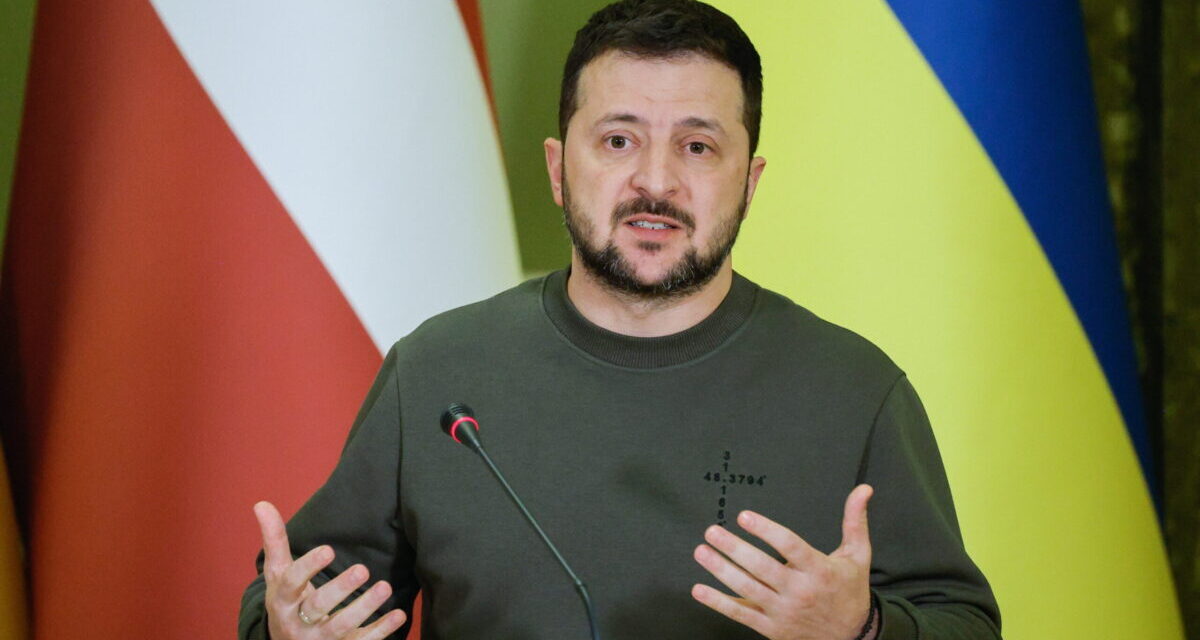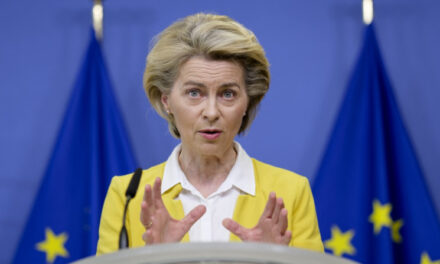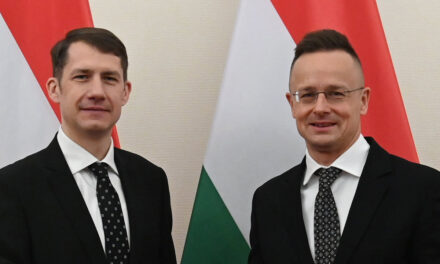Ukraine faces bankruptcy in the short term, which will last until private bondholders agree to defer the country's debt payments until 2027.
On Wednesday, Ukrainian President Volodymyr Zelenskyi signed a decision enabling the suspension of foreign debt repayment from August 1 to October 1. Based on the decision signed on Wednesday
Ukraine will not pay the 34 million dollar coupon of the Eurobond due on August 1, 2026.
After Russia launched its invasion of Ukraine in February 2022, Kiev agreed with its creditors to freeze about $23 billion in payments until August 1, 2024.
Passing the law allowing Kiev to defer payments would mean Ukraine's short-term debt default, which will last until private bondholders agree to defer Ukraine's debt payments until 2027.
This option was supported by foreign governments. Such an agreement would have a smaller impact on Ukraine's long-term borrowing than if no agreement was reached, reports Radio Free Europe.
Ukraine is in a difficult economic situation because of the war, as it has to maintain the army while millions of people have fled the country. The country is kept afloat by the loans and financial aid that Western powers and banks have given to Ukraine over the past two and a half years. Let's take a brief look at what led up to this point.
When the Russians launched an invasion of Ukraine in February 2022, the country's economy and finances collapsed, prompting the country to request a freeze on debt payments to avoid total state bankruptcy, reports Reuters, which
set up a timeline of the development of the country's debt problem.
In July 2022, Naftogaz became the first Ukrainian state entity to default since the beginning of the Russian invasion, after creditors did not support a two-year reprieve. Kiev then asked holders of $1.5 billion worth of bonds issued by state agencies Ukravtodor and Ukrenergo to delay payments — and they agreed, and Ukraine's private overseas lenders backed the country's request for a two-year payment moratorium on nearly 20 to pay international bonds worth billions of dollars.
In March 2023, the IMF board approved a four-year, $15.6 billion loan program for Ukraine to support the country's economy.
Ukraine subsequently set an expected deficit of $44 billion in its 2024 budget. In 2024, Ukraine's overseas bondholders began talks to establish a creditors' committee ahead of debt restructuring talks. The negotiations eventually led to Ukrainian President Volodymyr Zelensky signing a law that allows the government to suspend foreign debt payments until October 1, paving the way for a moratorium that would officially mean bankruptcy, Reuters reports. .
Bondholders still need to approve the deal, which they are expected to do, although the technical details could take weeks.
According to the news site, a short-term default would have a less significant impact on long-term borrowing prospects than an default with no agreement in sight.
Under the proposal, Ukraine's outstanding international bonds would be nominally reduced by 37%, which the government said would save Kyiv $11.4 billion over the next three years.
A significant part of Western aid is loans and military aid.
According to the Kiel Institute for the World Economy, the amount of global aid provided to Ukraine reached 278 billion dollars, i.e. 253 billion euros, on January 15, 2024, US News reports. The group tries to track all commitments in its program called the Ukraine Support Tracker, which tracks intergovernmental transfers of military, financial and humanitarian aid to Ukraine.
Most of the aid pledged per country came from the United States, whose total aid commitment is about $75 billion.
The United States is followed by Germany and the United Kingdom for the highest commitments. The European Union as a whole has pledged approximately 93 billion dollars in aid to Ukraine. The type of support varies from country to country, but in most cases it is of a military or humanitarian nature.
Cover photo: Ukrainian President Volodymyr Zelenskyi
Source: MTI/EPA/Serhiy Dolzhenko













